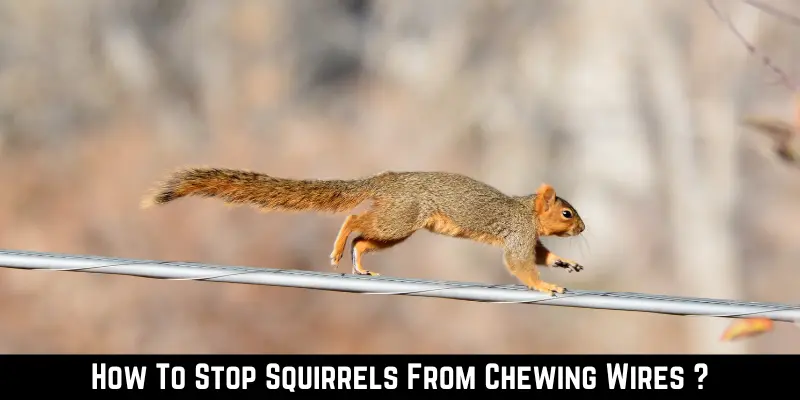The majority of a squirrel’s diet includes hard fruit, nuts, and seeds, which causes their teeth to become worn down. They fight this by constantly growing their teeth. Therefore, they must chew on objects like wires to prevent their teeth from growing too long so, how to stop squirrels from chewing wires?
There are many ways to stop squirrels from chewing wires including:
- Pepper repellent
- Electronic devices
- Cinnamon spray
- Hot Pepper Sprays
- Ready-Made Squirrel Repellent
- Different Traps
- Ultrasonic Pest Repeller
- Predator Urine
- Rodent tape each with its own set of advantages and disadvantages
“Squirrels like to chew on a variety of materials, including electrical wires, phone lines, Christmas lights, streetlights, and even lighting used in rural areas. Read the article below to find out how to prevent squirrels from the chewing wire.”
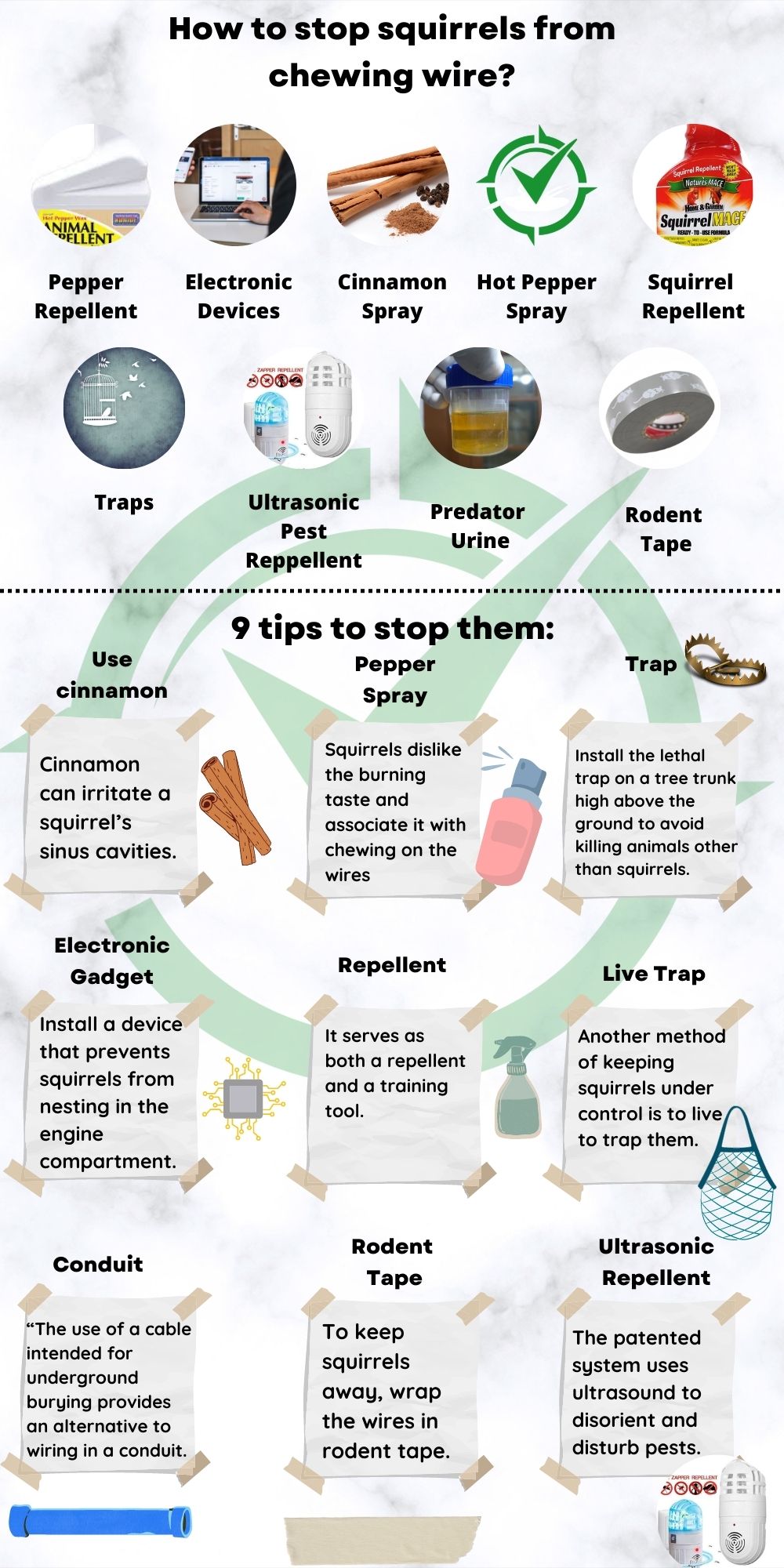
[9] Tip Stop Squirrels From Chewing Wires
Tip#1 Use Cinnamon to Keep Squirrels Away

Cinnamon is a tasty spice in small amounts. It is, however, a spice!
Ground cinnamon, in particular, repels squirrels. This is because large amounts of cinnamon can irritate a squirrel’s sinus cavities. Sprinkle a lot of cinnamon around the area you want to keep the squirrels away from to use it as a squirrel repellent.
Finally, for this method to be effective, it must be done in large quantities. The cinnamon may also be blown away by the wind because its scent is only exposed to the ground. You’ll also need to apply every 4-7 days.
Tip#2 Squirrels Can Be deterred By Using Hot Pepper Sprays

“In addition to seasoning food, you can spray the hot mixture on the wires with spicy pepper sauce. Spraying squirrels with hot pepper spray is another way to keep them away from string lights and wires. Squirrels dislike the burning taste and associate it with chewing on the wires, so they stop chewing on them.”
“Simply spray the wires with a sauce-water mixture. Hang the lights and wires after the spray has dried. You can also use the leftover hot sauce to scare squirrels away from your garden plants.”
Tip#3 Use A Lethal Trap To Kill Squirrels To Protect Wires
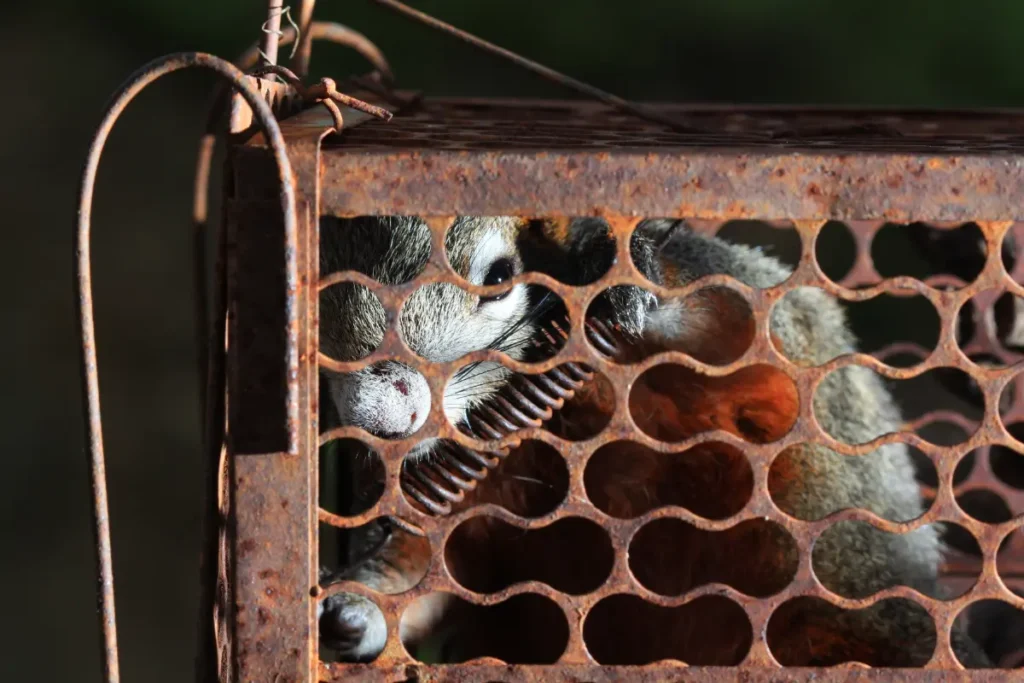
If there is no place to resettle squirrels, you might be able to get rid of wire-chewing squirrels by using a lethal trap. It’s possible to accidentally kill the wrong animal, as with any kill trap.
To avoid accidentally killing the wrong animal, install the lethal trap on a tree trunk high above the ground to avoid killing animals other than squirrels.
The Tube Trap for Squirrels, which I recommend as being very effective against squirrels, is available on various online websites such as Alibaba and Amazon. The squirrel enters the tube to get attractive food such as peanut butter or seeds etc. on the bait.
Tip#4 Use Of Electronic Gadgets to deter squirrels
Squirrels and other rodents, such as mice, appear to enjoy car and truck engine wires. The reason rodents seem to enjoy engine wires is unclear, but some claim it is because the wires’ insulation is made of rubber with a soybean base, which rodents mistake for food.
Squirrels and rats mostly enjoy chewing on engine wires, engine wires and insulation, and even windshield wipers made of plastic.
Install a device that prevents squirrels from nesting in the engine compartment and chewing on electronic wires. Animals are prevented from entering vehicles by the devices’ ultrasonic and LED flashing lights.
Tip#5 MACE 40oz Ready-Made Squirrel Repellent
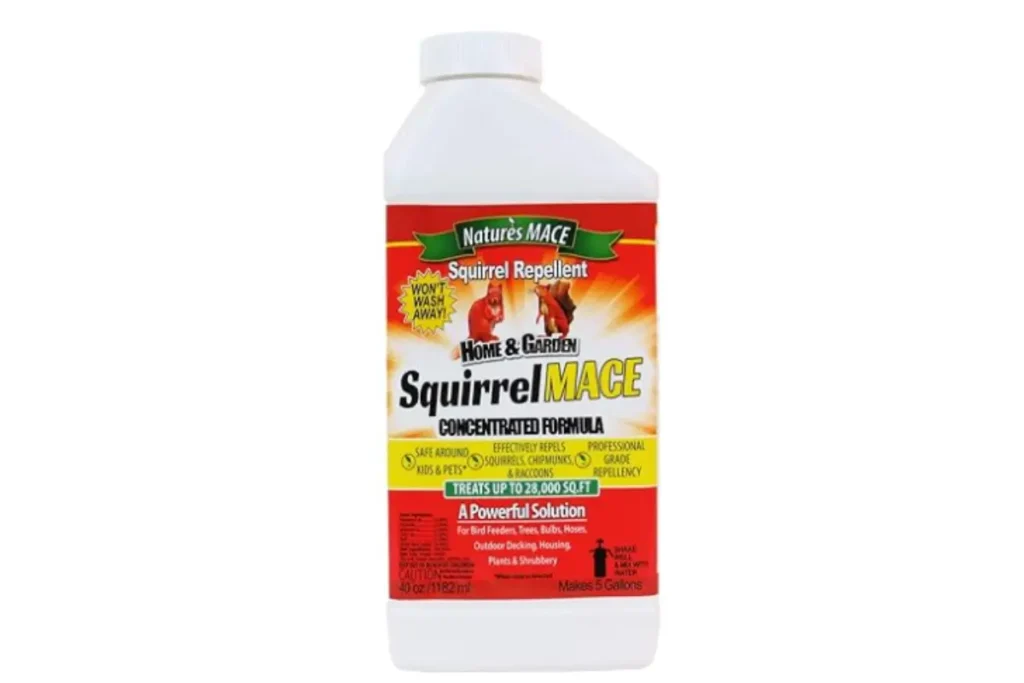
Squirrel MACE was created to keep squirrels from chewing, digging up, and chewing on wires, plants, bulbs, foundations, decking, outdoor furniture, flower pots, and other items.
Squirrels, Chipmunks, and Raccoons are effectively repelled.
- It serves as both a repellent and a training tool.
- The formula is 100% biodegradable and non-toxic.
- When used as directed, it is safe to use around children, pets, and wildlife.
- Poisons are no longer required in sensitive areas.
- Plant protection spray.
- A Formula with a Higher Active Ingredient Percentage.
- Weather-resistant sticking agents make this product last a long time.
- Effortless to use dries crystal clear on surfaces and works quickly.
Tip#6 Relocating Squirrels with a Live Trap
Another method of keeping squirrels under control is to live to trap them. One thing to keep in mind is that after you remove the squirrels from the area around your home, more will probably move in, so you might need to repeat the process.
Verify the local laws in your area before relocating any wildlife that is considered a nuisance. Before beginning to live trap squirrels, find out what the rules are.
If you want to buy a good live trap, buy it from amazon, or Ali express.
Tip#7 Use Protect Power and Telephone Lines With a Conduit
“According to interesting information from different surveys, squirrels are the most destructive animal of all pests such as rats, and mice when it comes to causing damage to telephone wires by chewing. A conduit is a hard outer tube that protects the wire inside from the outside environment from damage. Conduits are available in a variety of materials, such as metal, PVC, and even flexible plastic tubing.”
“Remember that a certified electrician might be needed if you need electrical wires running, particularly the main power line feeding your home. Be sure to check local laws before beginning the project to see if you need a permit for operating outdoor landscape lighting as well.”
Direct Bury Wires Should Be Used
“The use of a cable intended for underground burying provides an alternative to wiring in a conduit. Even though they are not shielded by a hard outer conduit, direct bury cables are waterproof and, when buried properly, will not be accessible to squirrels.”
“If an internet connection, phone line, or outdoor camera setup is required and you don’t want to run the cable through a long conduit, bury it in the ground with something like this Amazon Outdoor Ethernet Cable.”
“When installing a power cable, another option is to use a Direct Bury Power Cable, such as this one.”
Tip#8 Use Rodent Tape For Wrapping Engine Wires:
“To keep squirrels away, wrap the wires in rodent tape. Not only was it inconvenient due to the chewed engine wires, but it was also an expensive repair because the entire fender had to be removed from the car to replace the reservoir.”
“According to the Honda dealer, the nearby engine wires should be protected against rodents by wrapping them in rodent tape. The tape, which contains hot pepper inside the plastic, worked well because I did not cause any additional damage to the car.”
MaxMoxie Ultrasonic Pest Repeller
The patented system uses ultrasound to disorient and disturb pests, preventing them from feeding or nesting and driving them away. Effectively repel ants, bed bugs, roaches, spiders, mosquitoes, and rodents.
Both humans and domestic pets are unable to hear ultrasonic sounds. Environmentally friendly, with no poisons, traps, or dead pests, as well as non-toxic and tasteless.
Simply plug in the ultrasonic pest repellent. It will then begin to emit various frequencies. It is normal for pests to multiply at first because they are fleeing their homes following the ultrasonic attack.
Tip#9 Use Predator Urine To Repel Squirrels
For obvious reasons, coyotes and fox urine repel squirrels. If they believe that these two animals are frequently stumbling around, they will stay out of your yard and away from your house because they will do anything to avoid their natural predators.
Finding a commercial manufacturer is the simplest way to obtain this scent. They’re surprisingly simple to locate in outdoor stores or online. The area you want to keep protected only needs a few shakes or sprays, and squirrels will immediately get the message.
Why Do Squirrels Chew On Wires?
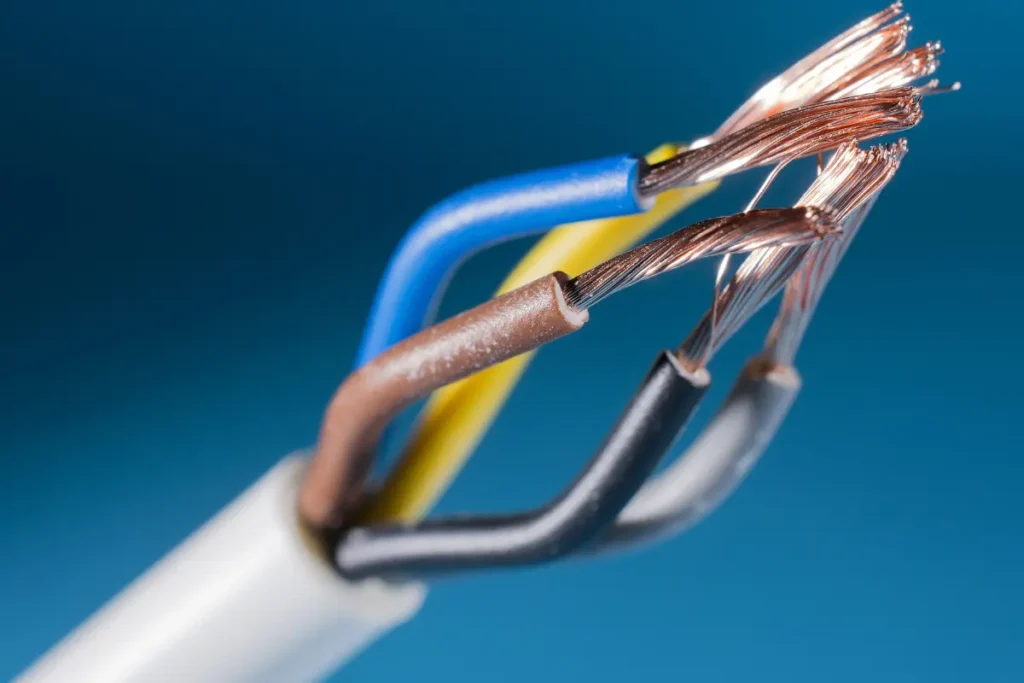
The teeth of squirrels never stop growing. Squirrels’ teeth can grow so long that they can no longer crack open nuts or acorns. Squirrels chew on objects that produce friction to grind their teeth to the appropriate length and keep them sharp.
Unfortunately, this makes it easy for them to chew through your roof and electrical wires.
Squirrels chewing wires in the attic is a serious problem. As they come and go on foraging excursions, the first indication of a squirrel in the attic is typically the sound of scampering during the day.
Young squirrels and occasionally adults have been known to get stuck in wall crevices and scratch incessantly in an attempt to get out. The thought of a large rodent nesting in your attic is bad enough but can also cause serious wiring issues.
Do Squirrels Eat Copper Wire?
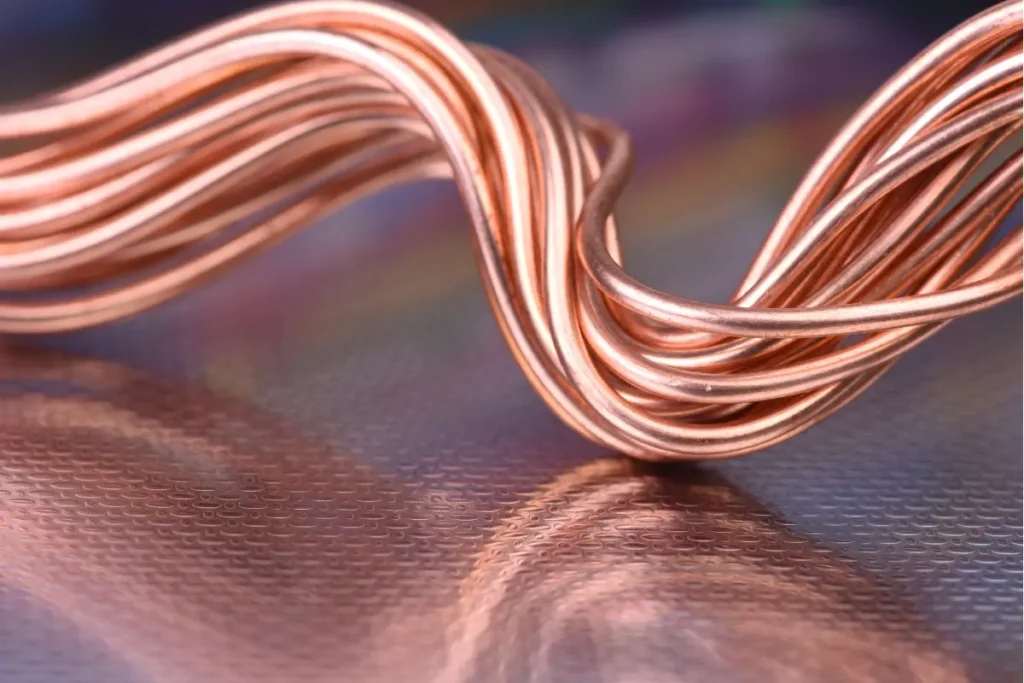
Squirrels do eat copper wires. Squirrels are rodents that chew constantly, similar to rats and mice. Wood is their preferred fabric, but they will also chew on water pipes, paper, vinyl, and electrical wires. Usually problematic for a variety of reasons.
The most obvious consequences are the developing electrical shorts and wiring issues in your home. Control outages caused by chewed wires can be expensive and time-consuming to repair.
If the wires are inside a divider, you may need to completely rewire your home. Electrical fires can occur when uncovered wiring is near combustible materials, such as most free storage room covers.
Squirrels have also been known to chew the wiring in pump houses, causing a variety of issues, mechanical complexes, causing issues with control boards, heating, and air conditioning unit wiring sheets, and vehicle electric wiring, causing a variety of genuine issues.
Can Squirrels Chew Through Aluminum Wire?
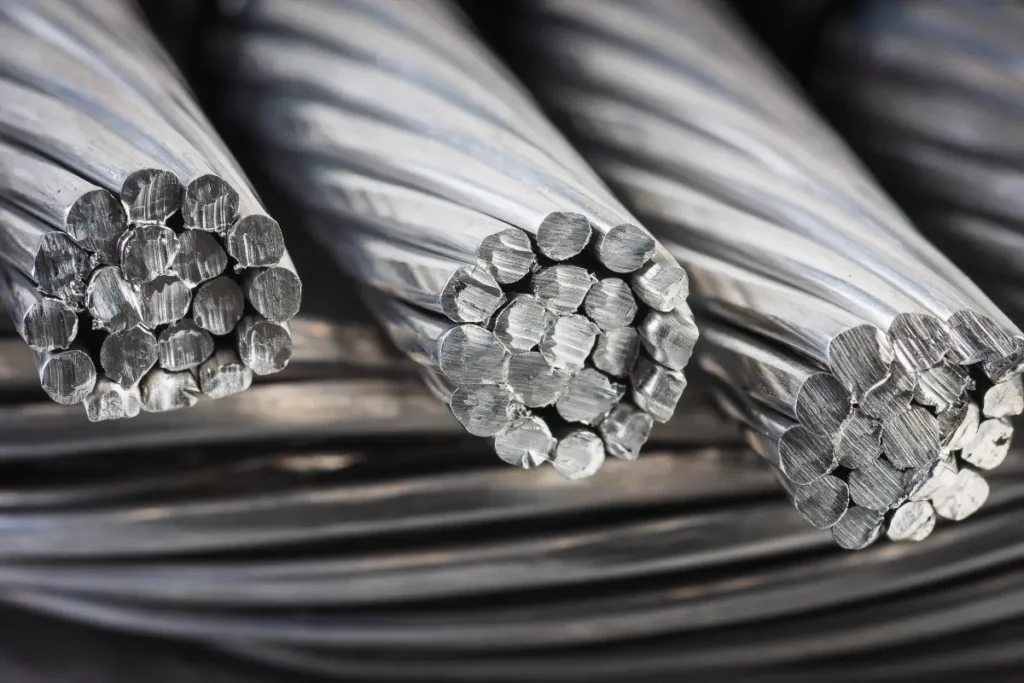
Yes, squirrels chew through the aluminum wire. Squirrel teeth are constantly growing. As a result, they must constantly chew and gnaw to grind them down. Squirrels use their powerful teeth to chew on hard nuts and to make nests from twigs and branches.
Capable of chewing through aluminum and other soft metals, squirrels. The teeth of a squirrel are no match for wood, plastic, or thin metal screens.
Squirrels typically chew on these materials while searching for a suitable nesting location, such as an attic. Squirrels can also chew through the metal wiring that surrounds a vegetable garden.
Aluminum screening might not be sufficient to keep squirrels out if you are experiencing problems with them. Squirrels are pesky little critters who will chew through aluminum screens to get somewhere.
Do Squirrels Chew Fiber Optic Cables?
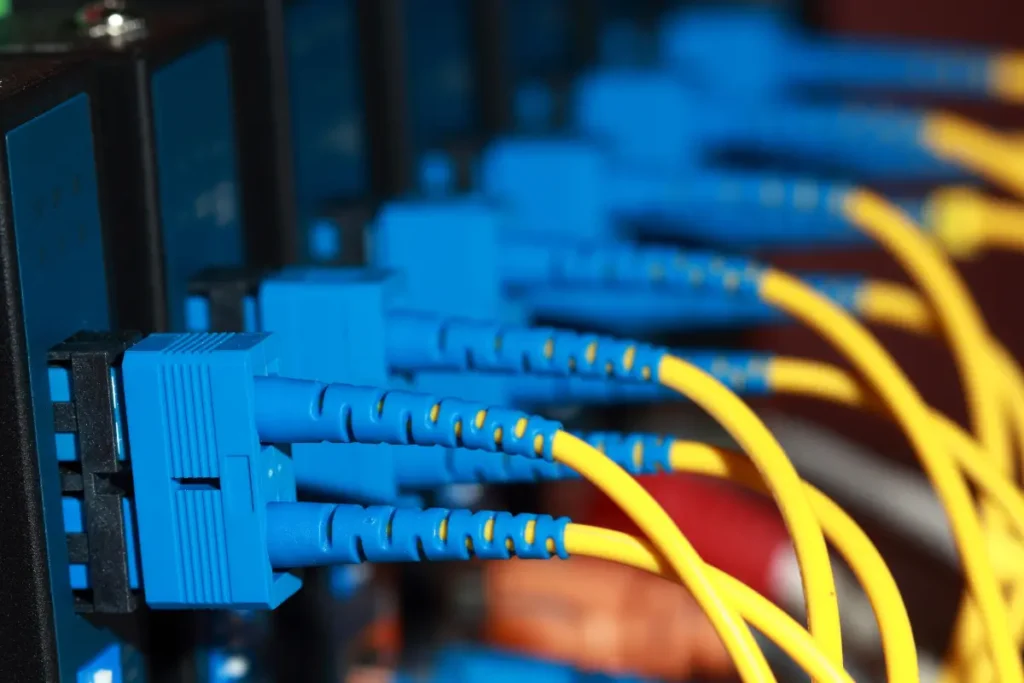
“Yes, squirrels chew fiber optics cables. Squirrels the adorable rodents are the leading cause of aerial fiber animal damage. Rats and mice cause similar damage to fiber owners, albeit to a lesser extent. Squirrels essentially chew on cables to hone their teeth.”
“Squirrels’ teeth can grow length up to 8 inches per year, and on the off chance that their eating less isn’t wearing them down, they’ll look for other things to chew such as hard material.
Squirrels may lean toward fiber to other cables since of the oil or compound utilized within the fiber fabricating handle that pulls in them.”
“Before joining Century Connect, Level three claimed that squirrels were at fault for 17% of their airborne fiber blackouts. Squirrel-related arranges blackouts are regularly detailed, agreeing to a Google search.”
Do Squirrels Chew Electrical Wires?
Roof or attic squirrels come into contact with electrical wires and support floor joists. Exposed electrical wires pose a serious risk, especially when they are close to insulation or the dry goods and nuts that squirrels frequently bring into attics.
When squirrels enter your attic, they act as though they are outside and begin to chew on everything they can. Even if you’ve only had squirrels in your house for a few days, there’s a fire risk that needs to be addressed by professionals. When the squirrel leaves, the wires it chewed are still there.
Additionally, babies are likely to be present if squirrels are present in the attic in the spring and summer. Home electrical wires will be used by them to file down their developing teeth as they grow.
Do Squirrels Chew Wires In Cars?

Yes, squirrels chew wires in cars. Squirrels might not come to mind when you consider the creatures that can harm your car. However, it has been documented that rodents like squirrels and others will gnaw on the wiring in cars, harming the electrical systems.
Verifying that you have comprehensive coverage is a crucial first step in determining whether the damage caused by squirrels or other rodents may be covered by your auto insurance policy. This type of coverage protects you from damage that isn’t caused by a collision, and it frequently includes damage from animals like squirrels.
Although comprehensive coverage on an auto insurance policy is optional, your lease holder or lender may insist on it if you’re still making payments on a loan or leasing your vehicle.
Conclusion
“Each methodology of squirrel repellent has completely different benefits and downsides, there’s no single best way to avoid squirrels from chewing wires. I notice the fastest and easiest method to discourage squirrels is with aerosol bombs. It’s nice for the garden and vacation lighting, however, it isn’t invariably 100% effective as a lightweight rain will wash it away.”
“Engine tape underneath the hood additionally effectively prevents rodents from gnawing the engine wires. I am not an enormous fan of live tack as a result it is so exhausting to relocate animals once you do not have a legal place to unharness them, though The Squirrelinator may be a nice entice.”
“Squirrels square measure simply killed with pipe traps and therefore the dead body will be wont to feed alternative life. To stop accidentally catching the incorrect animal, mount pipe traps higher within the tree.”
References
Panthawong A, Doggett SL, Chareonviriyaphap T. The Efficacy of Ultrasonic Pest Repellent Devices against the Australian Paralysis Tick, Ixodes holocyclus (Acari: Ixodidae). Insects. 2021 Apr 30;12(5):400.
Müller-Schwarze, D. (2009). Capsaicin as Feeding Repellent for Mammals. In: Hands-On Chemical Ecology. Springer, New York, NY
